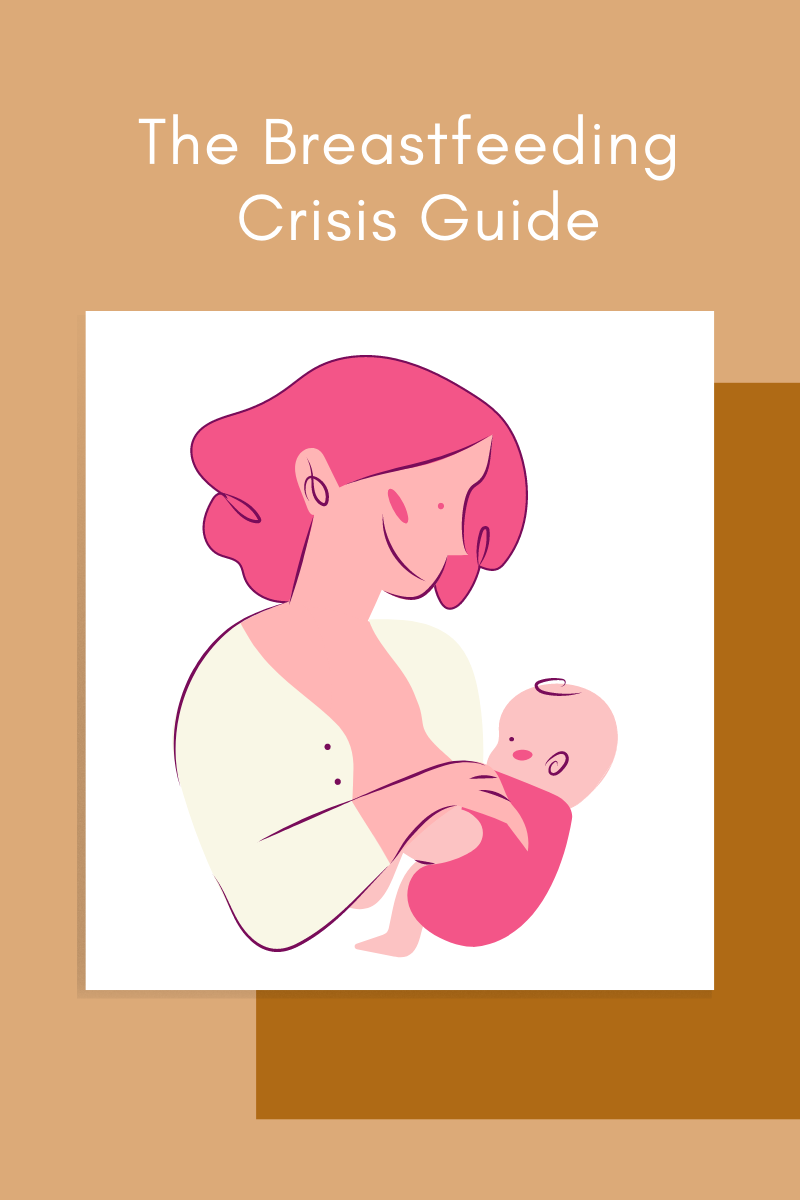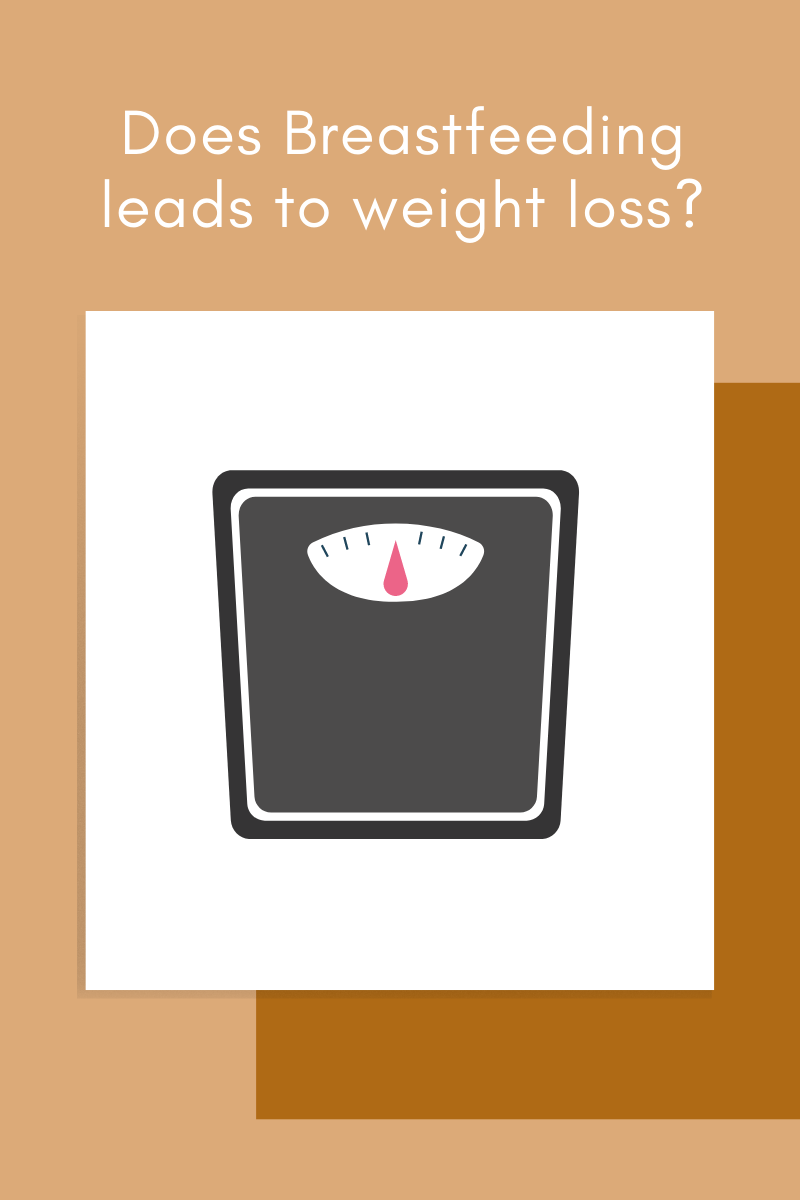
Breastfeeding Crisis Guide
BREASTFEEDING CRISIS GUIDE
After your baby is born, we all take different approaches to feeding. Some might want to breastfeed for a long time, while others already know they rather do combination feeding or even completely formula.
Each mother has its own reasons, as to why that would work with their lifestyle and preferences. It’s funny, as we all might have a plan in our heads, but not always works out to be the way we want it to be.
We all adapt to survive the early parenthood sleep patterns, or lack of sleep ensuring your baby is feed and happy (as much as possible) no matter the way the baby is fed some of the times.
If you are trying to stick to breastfeeding, some days will be harder than others. Setting aside sore nipples, baby’s reflux, hormones, etc… here I have made a list of different stages, or Crisis that usually (almost always) happen throughout the breastfeeding journey. Some babies are ahead / behind of the rest, so I would suggest to give 2 weeks each side, in case your baby is going through it a little bit delayed or early.
WHY…. do these breastfeeding crisis happen?
-Increasing milk production, so the baby can grow week by week.
-Maturing of the baby.
WHAT…. is the result?
These create doubt on the mother, making her feel that “she’s not capable” of producing enough milk.
This is a very important point, as the first few weeks/months are very difficult for the mother/baby. Feeling like you aren’t able to feed your baby, leaves most mothers with MUM GUILT and unsure if they are doing a good job. Therefore they are likely to stop breastfeeding altogether, when in reality what is happening them is totally normal.
Before I continue, YOU ARE DOING A GREAT JOB! :) AWESOME MUMMA!
Day 15/17 CRISIS :
When: One of the first things to point out is that it could be a wider range, some babies start as early as day 12 or late as day 20. However, the norm is day 15/17.
Why: The baby needs more milk, so the production of milk needs to increase. During this time the baby will drink the most milk that he will ever consume throughout the breastfeeding journey, around 1.5L a day.
What happens: The baby will be constantly breastfeeding.
How long: Should last 3-4 days, however account for 1 day on either side.
Result: After the time has passed, your milk production will increase and the crisis should be resolved.
Week 6-7 CRISIS:
When: This is referred as the 40 day crisis. Normally between week 6-7.
Why: There’s a change in the milk composition, which turns it a little salty.
What happens: The baby will find this upsetting, and will show a pattern of behaviour: starts sucking, then will become tense, arch the back, tense the legs and even pull from the nipple.
How long: Should last 7 days, however for some mums could las 2 weeks.
Result: The milk composition goes back to normal and its resolved.
3 Months CRISIS:
When: This is the most well known crisis. Normally at 3 months. This is the most common time for mothers to give up on breastfeeding, as its a very challenging time. Some babies will have it at 4 months, specially boys.
Why: There are a lot of changes in both the mum and the baby. The baby goes through a maturing phase, the brain is developing neuronal connections. Also the baby’s growth slows down during this time. Mums breast produce milk on demand from now on, instead of continuously.
What happens: By this time the baby can feed very quick, as they have become very skilled. Within 2-5 minutes they can empty the breast. The mother will try to offer the breast again, but the baby might/will reject it / cry / get upset, therefore the mother will take this as a sign of rejection. Creating a feeling of doubt on the mother.
However this is not the reason why. Due to the developing brain, the baby starts to be able to see past the mothers face and breast, this creates a distraction that will interfere with breastfeeding.
The baby will continuously latch and unlatch from the nipple, looking at mum, smiling and getting distracted. The mother will see and feel like the baby isn’t feeding enough or its hungry, feeling like its her fault. This is not the case.
At this stage babies feed best when half asleep or asleep, they feed the best while there isn't anything to distract them.
How long: This can be a very frustrating crisis, as its very long. It could take 1 to 1 ½ months to resolver itself.
Result: The baby will learn that mum’s breast produces milk on demand. Until then mum made milk constantly, so every time the baby is on the breast there’s milk. However after 3 months the milk is produced on the spot, so after this crisis is over the baby would have adapted to it.
6 Months CRISIS:
When: It doesn’t happen to all babies. If it does, it's at 6 months. Usually after weaning starts.
Why: When introducing food for the first time. babies will take on to weaning as they are enjoying it.
What happens: The baby will show signs of lack of interest in feeding. The mum will try to breastfeed and the baby will refuse it and might get upset/ cry. There’s a chance that in the efforts to feed the baby, he or she could bite the nipple and if the baby already has teeth it could hurt the nipple.
This crisis is usually misunderstood as “baby doesn’t need to breastfeed anymore”, however at this age babies still need milk and if breastfeeding can be continued it would be ideal.
How long: Should last 7 days, however for some mums could las 2 / 3 weeks. The best way is not to push the baby to feed, but to favour physical contact and for the baby to see the breast as an option and not an obligation.
Result: The mother needs to have patience, wait until the baby has been weaning for a few days / weeks.. so breastfeeding should be back on track.
8-9 Months CRISIS:
When: Not all babies go through it.
Why: Theres two ways this can manifest. I will explain as #1 & # 2.
1- The baby will be more interested in crawling, experimenting, touching their surroundings.
2- The baby will start experiencing separation anxiety.
What happens:
1 - Before feeding and while offering the breast, the baby will get upset, cry and won’t accept it. This is due to feeling trapped in front of the breast and rather explore and experiment. Don't worry, as this is not so much because of the breast itself, but it’s related with the position. They might get a little inpatient and bite the nipple.
2- The baby will want to breastfeed more continuously and short sips. This way they make sure that mum will stay nearby and their feeling of anxiety will not be as strong.
How long:
1 - Undetermined, as it all depends on how well the mum can adapt.
2 - It could take 2-3 weeks to go away.
Result:
1- the best way to deal with this is to adapt. The mother should try to breastfeed while they are standing up or upward position, as the cradle might not be their preferred position at this time. Also feeding while half asleep or in a calm place, to avoid distractions.
2 - The best way to approach this is by riding it, it will fade and disappear. Reassure the baby that mum still there and there is nothing to worry about. Eventually this phase will pass.
1 Year CRISIS:
When: Not all babies go through it.Why: At this stage they stop growing for a little while ( Approx. 6 months). They have enough with the energy and calories provided by the breastmilk, so with the little amount of solids they eat should be enough to get them through the crisis.
What happens: Babies will not be as interested in their food and want to breastfeed more often.
How long: This is undermined, it could take a few weeks to get better.
Result: After that period has passed, mum will start to see the little one to be more interested in solid food.
2 Year CRISIS:
When: Not all babies go through it.Why: At this stage they regress to newborn behaviour, due to going into terrible twos. This is a very complicated and difficult stage in their development. Also is one if they ways they use to try to reconnect with mum during this period.
What happens: By breastfeeding they console themselves in order to go through a stage of hight demand. It shows by them regressing to a sort of demanding baby stage, creating anxiety and stress on mum.
How long: This is undermined, it could take a few weeks to get better.
Result: After that period has passed, breastfeeding should be very easy and it should be the last crisis.



Dejar un comentario
Este sitio está protegido por hCaptcha y se aplican la Política de privacidad de hCaptcha y los Términos del servicio.